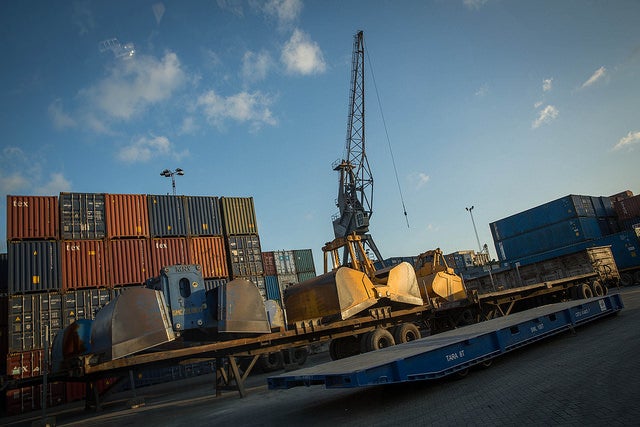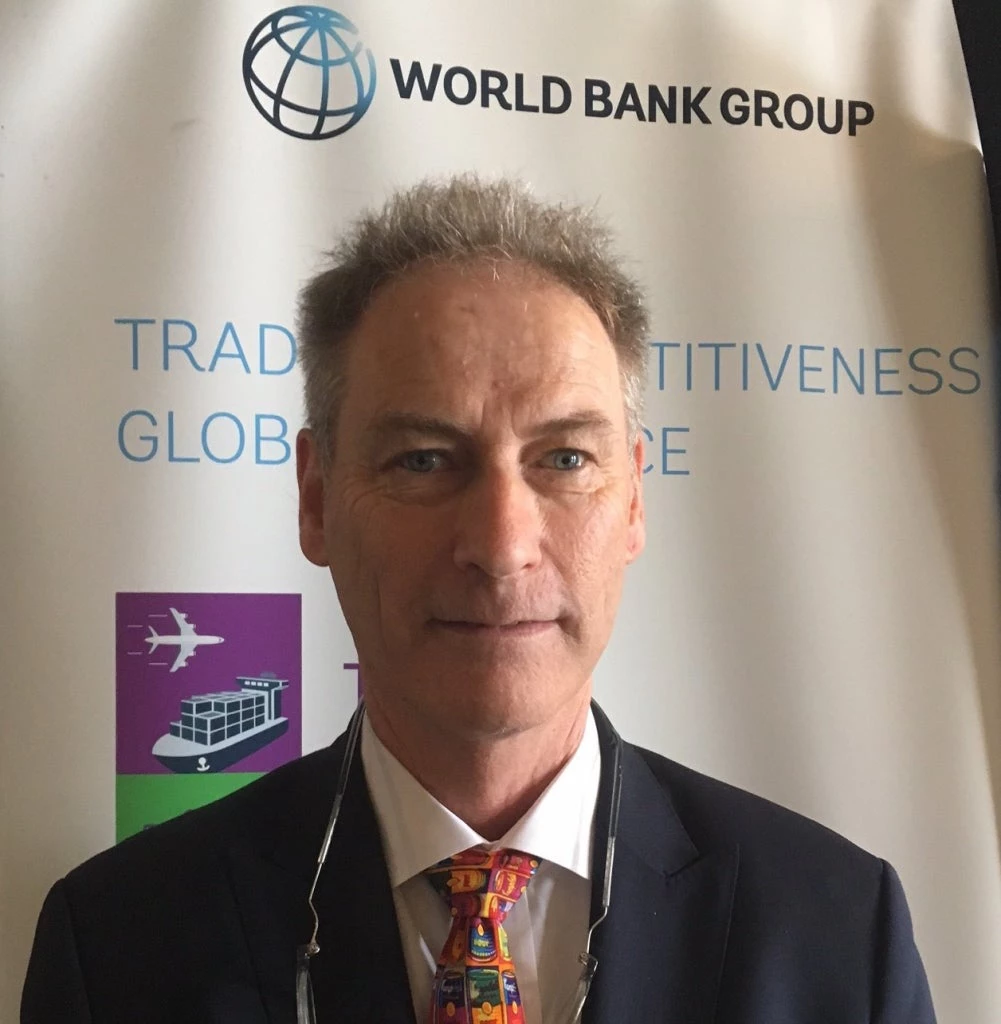 In December 2013, Members of the World Trade Organization (WTO) concluded negotiations on a Trade Facilitation Agreement (TFA) which promises to significantly improve trade facilitation practices across the world. Yet, to date, only five WTO members — Hong Kong (China), Singapore, the United States, Mauritius, and Malaysia – have formally lodged their acceptance of the TFA. Two-thirds of the WTO’s 161 Members still need to do so before the Agreement can enter into force.
In December 2013, Members of the World Trade Organization (WTO) concluded negotiations on a Trade Facilitation Agreement (TFA) which promises to significantly improve trade facilitation practices across the world. Yet, to date, only five WTO members — Hong Kong (China), Singapore, the United States, Mauritius, and Malaysia – have formally lodged their acceptance of the TFA. Two-thirds of the WTO’s 161 Members still need to do so before the Agreement can enter into force.
The pressure is on for Member countries to ratify the Agreement and begin to reap the benefits of its implementation, which are expected to be quite substantial. A conservative calculation puts global trade cost savings resulting from the full implementation of the Trade Facilitation Agreement (TFA) at around $210 billion per year.
To help countries achieve this, the World Bank Group’s Trade and Competitiveness Global Practice launched the Trade Facilitation Support Program (TFSP) in June 2014. Since its launch, 45 countries have reached out for technical assistance and support. This year, WBG staff made 21 visits to interested countries and began work in 7 countries.
Countries can also learn much from each other. On July 2-3, the Bank Group and WTO are hosting a peer-to-peer learning event as part of the 5th Global Review of Aid for Trade. The event will allow representatives from developing countries to discuss their challenges and share their experience in implementing the TFA measures. Some of the common issues may be:
Building National Consensus: Establishing practical mechanisms for inter-agency cooperation is critical for the effective implementation of the TFA. While customs officials are usually more aware of the implications of the TFA, many other border management agencies involved in the trade supply chain - such as Health, Quarantine, and Standards – have had less exposure and are still catching up.
Constructive Engagement: Government officials and private sector stakeholders, such as traders, are just now starting to work together towards defining national trade facilitation priorities and building political consensus, but that collaboration is vital.
Enabling Transparency and Impartiality: The private sector would greatly benefit from a single access point where they could obtain all the necessary information on procedural and regulatory requirements associated with border clearance. Currently, many traders are frustrated by the inadequate range and scope of available information.
Careful planning of implementation: Addressing the challenges mentioned above requires a strategic approach to reforms. For example, sequencing reforms correctly and recognizing that measures are interdependent helps countries to accelerate implementation.
In the upcoming peer-to-peer event that, participants will explore and share their implementation experience. Based on our experience, we recommend that countries consider:
- Establishing National Trade Facilitation Committees as a priority to foster inter-agency cooperation and build the kind of constructive public-private dialogue so necessary for effective implementation of the TFA.
- Establishing a process for the regular review of procedures, formalities, fees and documentation requirements to ensure they are essential and are administered in the least trade restrictive manner. This is a critical sequencing step in building a sustainable reform program.
- Creating enquiry points staffed with qualified personnel dedicated to providing accurate and up to date information to traders.
- Ensuring that all border management agencies employ a risk-based approach to border clearance. It matters little if customs clear cargo quickly if other agencies apply time-consuming and costly blanket inspection polices that clog up ports and border posts.
- Improving cross-border cooperation. Efficiency gains at the border are often achieved when neighboring countries work together to improve procedures. Exchanging data in advance of arrival can make a major difference as can the harmonization of procedures and the establishment of common working hours.
Research by the Bank Group and others clearly demonstrates the large potential gains to developing countries from sound investments in trade facilitation. Tackling barriers to trade will result in increased bilateral trade, greater export diversification, enhanced foreign investment, and improved national competitiveness. The TFA is a clear mandate. The challenge now for all WTO Members is to quickly secure ratification of the TFA and to focus attention on early implementation. The peer-to-peer learning event will provide a good opportunity to share ideas and gain practical insights from the experience of others.



Join the Conversation